Menu
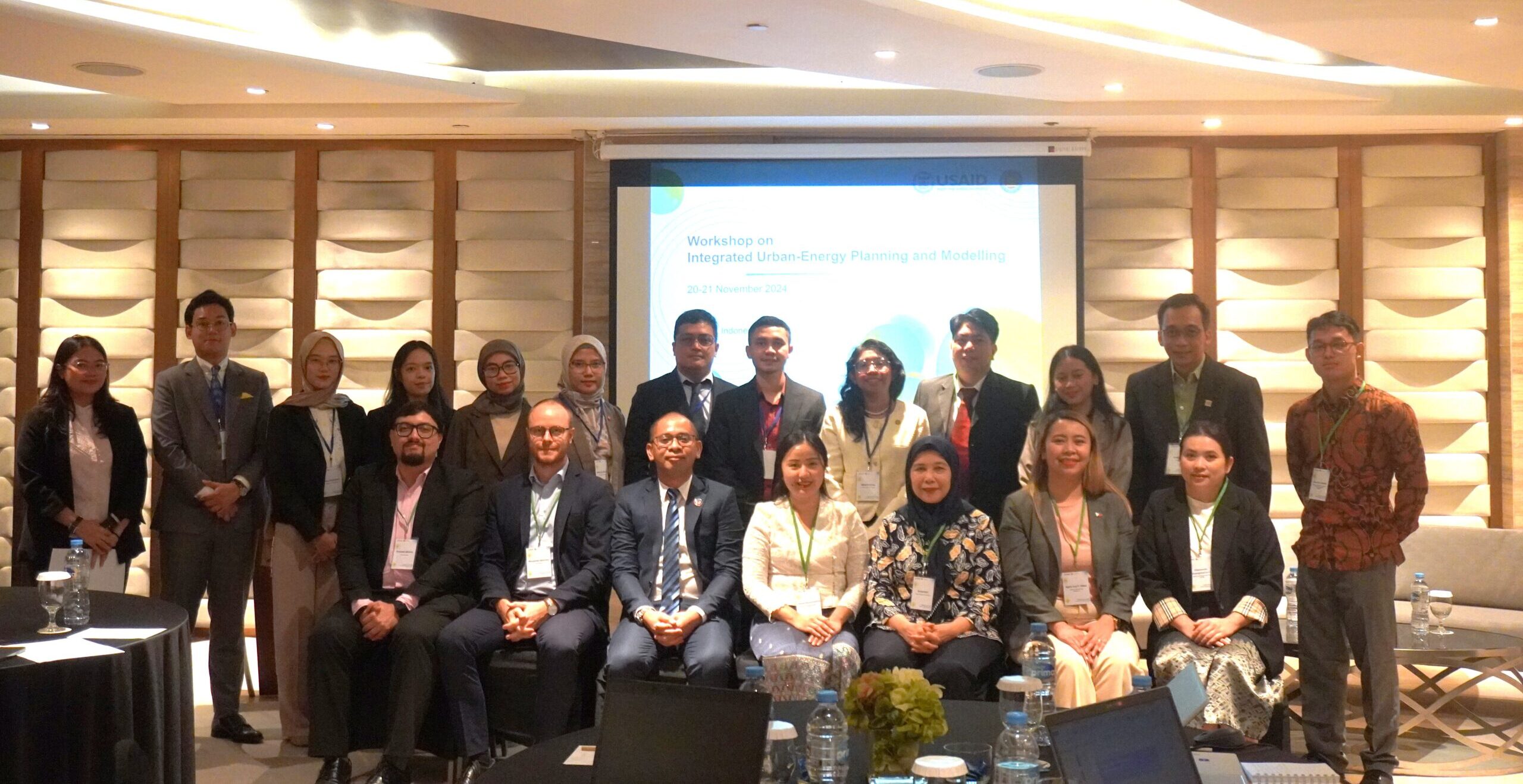
Photo 1. Group photo of AMS, speakers, and ACE at the Workshop on Integrated Urban-Energy Planning and Modelling (IUEPM)
The ASEAN Centre for Energy (ACE) held a Workshop on Integrated Urban-Energy Planning and Modelling (IUEPM) on Wednesday, 20 November 2024 – Thursday, 21 November 2024 in Jakarta, Indonesia. Supported by USAID Southeast Asia Smart Power Program (SPP), the two-day workshop is part of the 3-year partnership between ACE and USAID SPP and directly supports the implementation of the ASEAN Plan of Action for Energy Cooperation (APAEC) Phase II: 2021-2025, specifically in its strategy to raise the level of data and analysis on ASEAN’s energy policy and planning. The participants are selected representatives in the field from the ASEAN Member States (AMS), attended in person and virtually.

Photo 2. (left-right) Opening remarks by Suharyati, Head of the Working Group on the General Energy Plan in the Secretariat General of the National Energy Council Indonesia; and Beni Suryadi, Acting Executive Director of ACE
The IUEPM workshop highlights the importance of integrating energy into urban planning and modelling to achieve a sustainable city, as cities contribute to about 75% of energy consumption and 70% of greenhouse gas emissions globally. Due to the rising urban population in the region, ASEAN is facing the risk of environmental impact and inequality. Suharyati, Head of the Working Group on the General Energy Plan in the Secretariat General of the National Energy Council Indonesia, opened the event by encouraging the improvement of energy data processing and knowledge-sharing between the AMS in her opening remarks. The issue was reinstated in the opening remarks by Beni Suryadi, Acting Executive Director of ACE, who stressed the role of energy in this situation and the need for cross-cutting solutions in delivering data-driven policies.

Photo 3. (left-right) Scene-setting presentation by Afham Kilmi, Associate Research Analyst of MPP Department at ACE about digitalisation in the energy sector; and Michael Petalio, Energy Modeller at ACE, about ASEAN Energy Outlook.
To set the scene, representatives from ACE provide an introduction to the key themes and objectives of the workshop, particularly the need to digitalising ASEAN’s energy sector in response to the projected energy demand due to the increased rate of urbanisation as mentioned in the 8th ASEAN Energy Outlook (AEO8). Afham Kilmi, Associate Research Analyst of Energy Modelling and Policy Planning (MPP) Department at ACE, explained how digitalisation can help mitigate the risk from fossil fuel reliance and climate change impact, including the general policy recommendation. Moreover, Michael Petalio as an Energy Modeller in ACE discussed the topic from the modelling and bottom-up approach in the AEO8. The presentation includes technology considerations and policy recommendations based on the outlook. This session was foundational to the following panel sessions, which included presentations from distinguished panellists and moderated interactive questions and answers (Q&A) with participants.
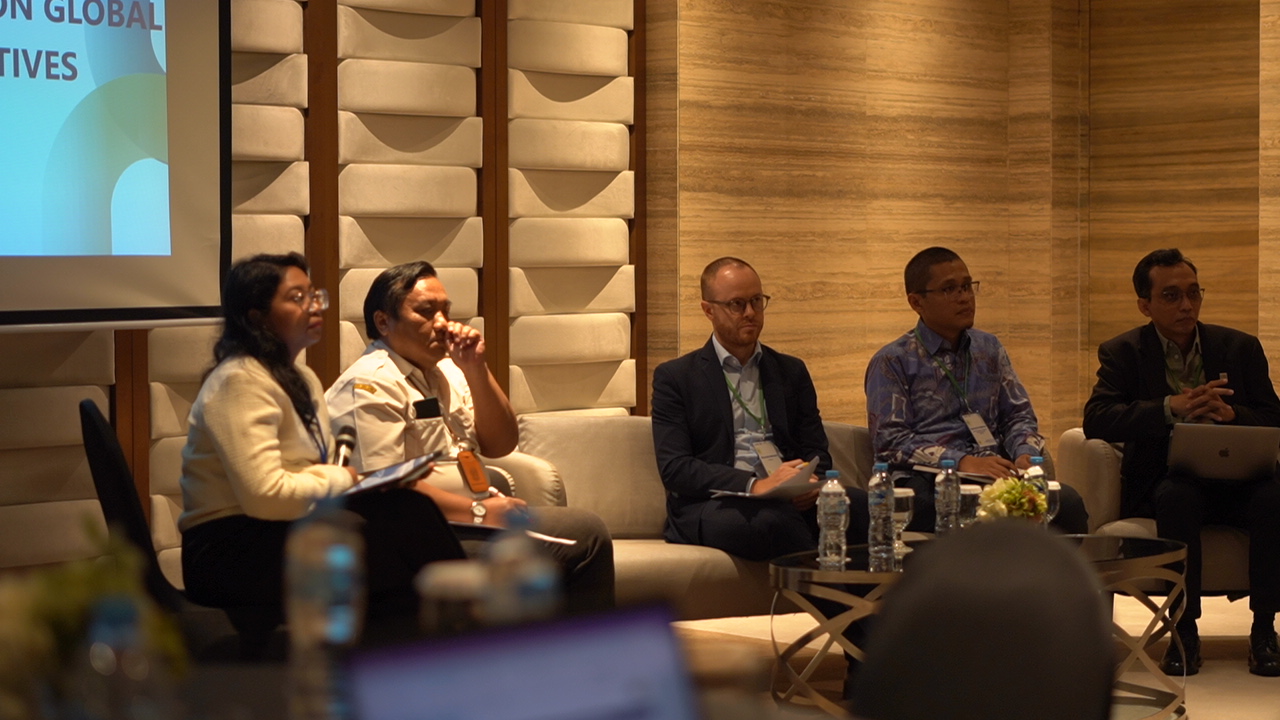
Photo 4. The 1st Panel Session on Global and Regional Initiatives Related to Smart Cities and Integrated Urban Energy Planning, moderated by Rika Safrina, Senior Analyst of ACE
The first panel session focused on the ongoing global, regional, and local efforts on how AMS approaches smart city development, highlighting cooperation between each stakeholder. It is moderated by Rika Safrina, Senior Analyst of MPP at ACE and started with presentations from Dr Agung Mahesa Himawan Dorodjatoen, Deputy Director for Urban Affairs, Ministry of National Development Planning (BAPPENAS), Dian Wahyudi from the Ministry of Home Affairs of Indonesia, on behalf of the ASEAN Smart Cities Network (ASCN)), Riccardo Maroso, Programme Manager at UN-Habitat, and Surendro, Regional Senior Programme Manager of Southeast Asia, C40 Cities. Togu presented ‘Energising Urbanisation’ in the Indonesian context, including the country’s focus on metropolitan cities and highlights of recent reforms in urban-energy integration. In the regional context, Dian stated that there are currently 31 pilot smart cities in ASEAN and the development of the Masterplan of ASEAN Connectivity (MPAC) 2025. Riccardo, on the other hand, presents the effort on a global scale from UN-Habitat, including frameworks, guidebooks, and projects. Last, Surendro discussed the importance of cities’ role in emission reduction and the need for inclusivity.
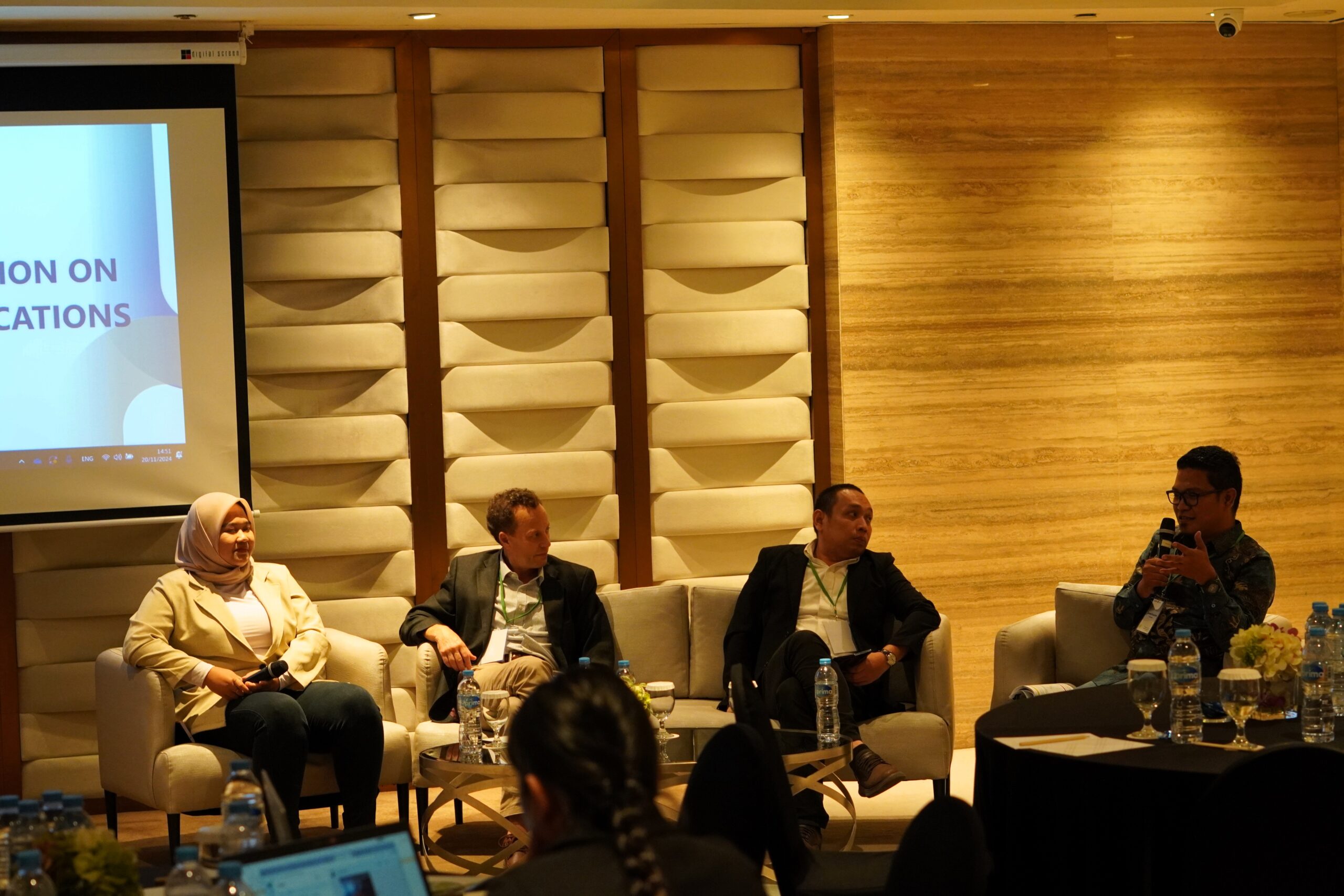
Photo 5. The 2nd Panel Session on the Specific Energy-Related Technologies within Urban Energy Planning Areas, moderated by Amira Bilqis, Analyst of ACE
The second panel, moderated by Amira Bilqis, Analyst of MPP at ACE, moved to the topic of energy-related applications. Agus Tri Susanto, Vice President of Electricity Digitalisation, PT PLN Persero, and Indonesia Smart Grid Initiative, was the first to present, sharing his insight on the importance of smart grid and flexible generation infrastructure, as well as best practices in digitalisation. Caesar Kusuma, Energy Consultant at the World Resources Institute Indonesia went on to the energy efficiency in buildings, including findings, case studies, and frameworks to learn from. Then, Prof Indra Overland, Head of Energy Research, Norwegian Institute of International Affairs redirected the conversation on the importance of public transportation.
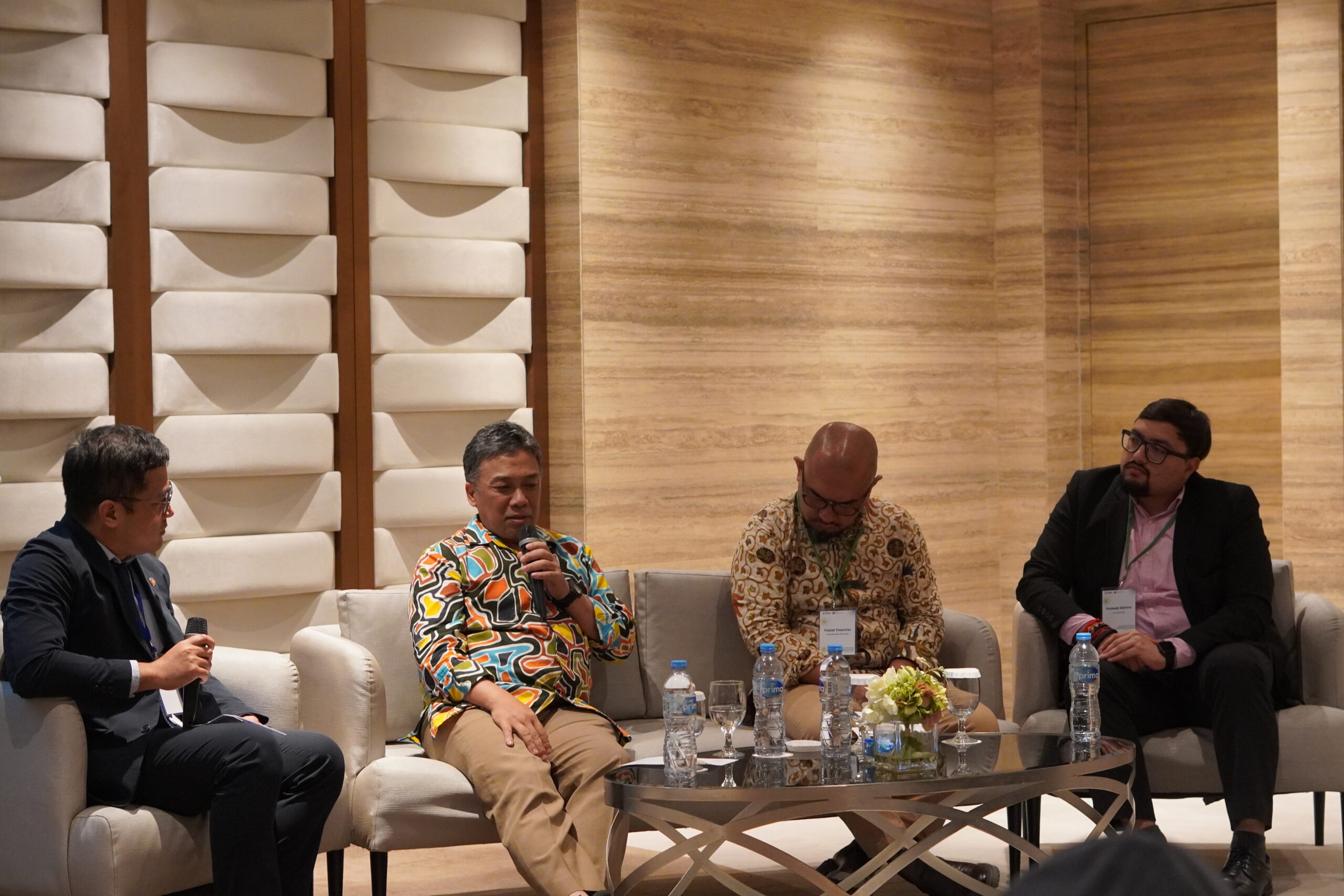
Photo 6. The 3rd Panel Session on the Specific Modelling Techniques and Tools for Urban Energy Planning, moderated by Michael Petalio, Energy Modeller of ACE
The last panel session of the day was more practical, discussing the technique of urban-energy planning and modelling, with Michael Petalio, Energy Modeller of ACE as the moderator. It was started by the presentation of Prof. Ir. Ridwan Sutriadi, S.T., M.T., (Regional & Urban Infrastructure System Research Group at Bandung Institute of Technology around the challenges of planning a smart city and the steps to formulate it based on his book, 10 Steps to Make the City Smarter. Meanwhile, Prateek Mishra, Senior Engineer, ICLEI Southeast Asia talked about energy modelling—why it is important, the tools, and the cases. Last, Faizal Thamrin, Data Innovation Lead, UN Global Pulse Asia Pacific discussed the many uses of data for cities, among them for transportation planning and safe transit for women initiatives.
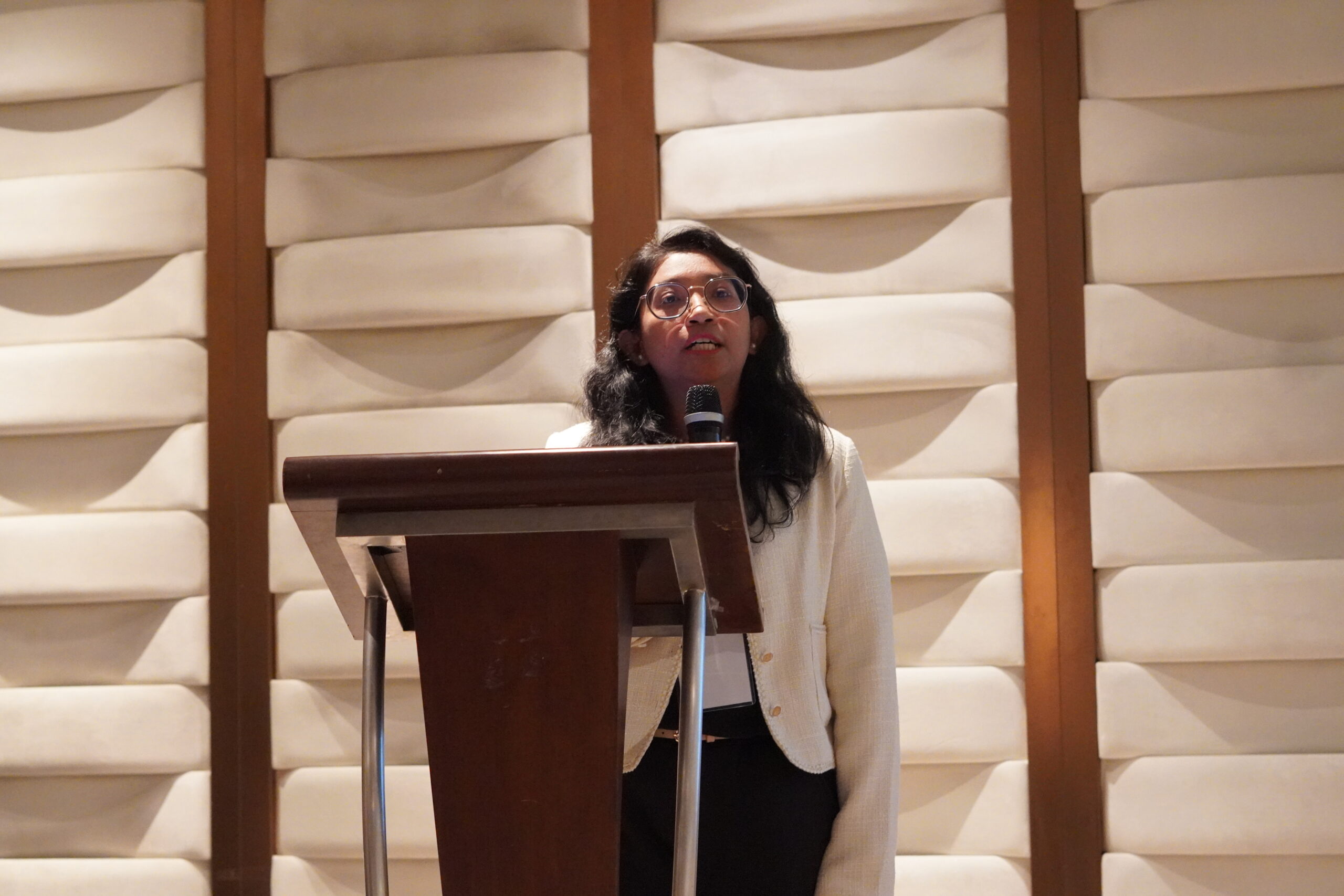
Photo 7. Rika Safrina, Senior Analyst of MPP at ACE, delivering closing remarks on the first day.
The first day of the workshop wrapped up with closing remarks by Rika Safrina, Senior Analyst of MPP at ACE, who reiterated that urban energy systems cannot be planned in isolation, and instead, they must be integrated with many intersectoral policies such as transportation, housing, water management, waste, and more.
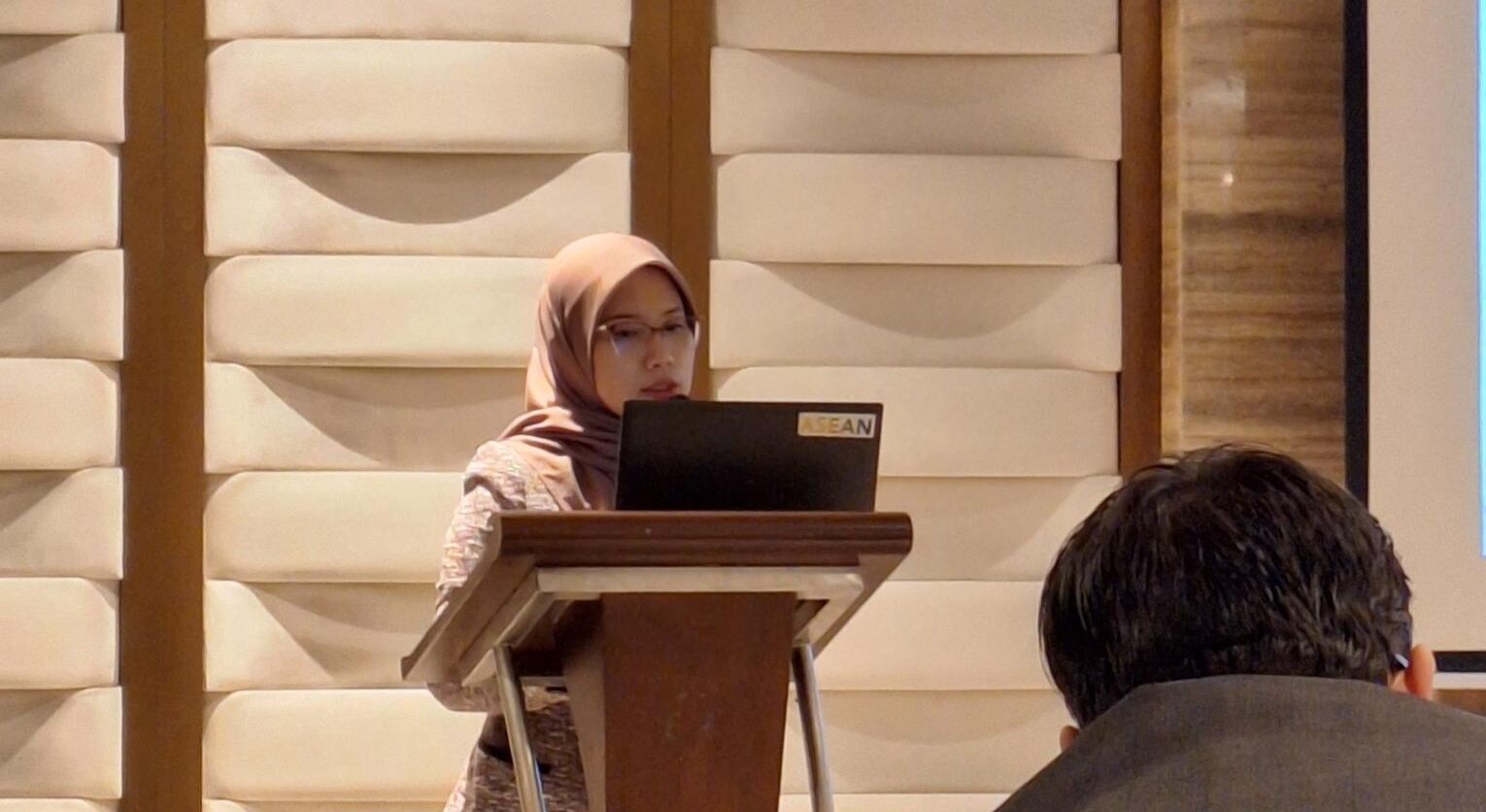
Photo 8. Silvira Ayu Rosalia, Energy Statistician at ACE, delivering a recap of the first day.
Day 2 started with a recap of the previous day by Silvira Ayu Rosalia, Energy Statistician at ACE, to refresh the participant’s knowledge and get them ready for the second day of the workshop. It is followed by a sharing session from the AMS representative, who presented the progress, challenges, and plans of integrated urban-energy planning initiatives in their respective countries.

Photo 9. (left-right) Chansouda Duangtasavanh from Lao PDR; April Joy P. Sibal and Michael B. Coligado from the Philippines, on integrated urban-energy planning and modelling status presentation (right).
The first to present is a representative from the Ministry of Energy and Mines (MEM), Lao PDR, Chansouda Duangtasavanh, who gave a recap on Lao PDR’s current power sector status, tools used for energy modelling, and a summary of their Power Development Plan 2022-2030. Then, Michael B. Coligado and April Joy P. Sibal, representing the Department of Energy (DOE), Philippines, shared the status of IUEPM in the country with an emphasise on prioritising decarbonisation, energy efficiency, renewable energy integration, and equitable access to energy services. Last, the presentation was given virtually by Swe Than, representing the Ministry of Energy, Myanmar. She introduced the main goal of Myanmar’s urban energy which is Sustainable Cities and Human Settlements. This sharing session also opened the floor for interactive discussion and Q&A.
Afterward, the participants had another session on the topic of solar energy integration into urban planning by Prateek Mishra from USAID SPP partner. He comprehensively talked about the advantages of solar as an energy source in cities and the many possibilities for implementing it. In this session, the participants from the AMS also shared the status and bottlenecks of implementing solar energy for urban areas in their countries. To close the session before lunch, the participants did an interactive quiz altogether to summarise the insights they gained throughout the two-day workshop.
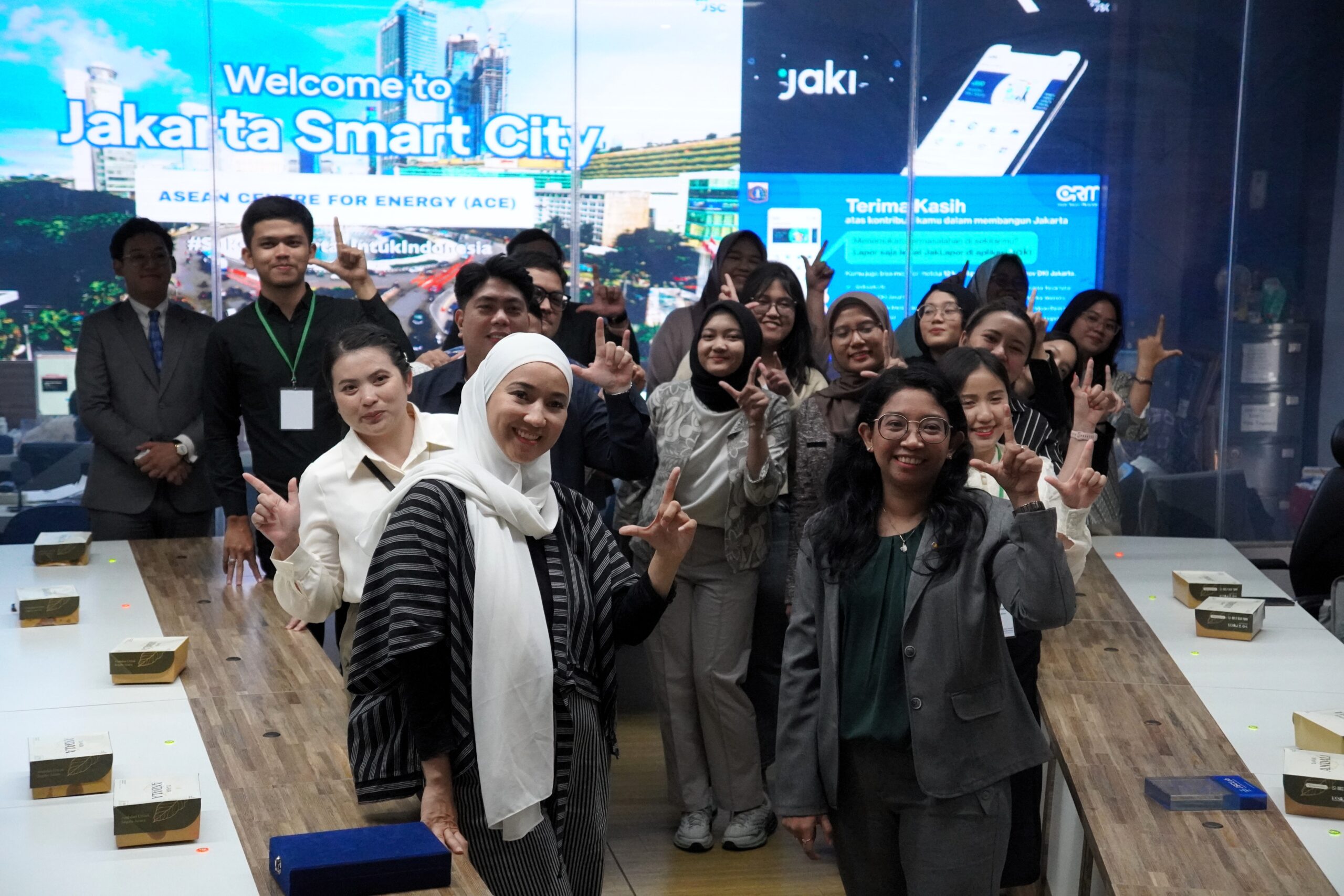
Photo 10. Site Visit to Jakarta Smart City
As a closing agenda, ACE arranged a visit to Jakarta Smart City (JSC) as a knowledge-sharing opportunity for the AMS as well as a case study. The participants received an introductory presentation on the JSC as an initiative in the smart city with Wardahnia, Head of the Communication and Marketing Implementation Unit of JSC. As the JSC is a multi-collaboration integrated system that aims to optimising public services, the participants and the JSC team also had a productive discussion revolving around the possibility of using similar initiatives for the energy sector. The end of the visit also concluded the overall workshop, equipping the participants with essential insights on the integrated urban-energy planning and modelling capacity not only from the speakers but also from each other. After all, the journey towards ASEAN with smart cities cannot be a standalone action and instead must involve all related stakeholders and sectors, energy included.
